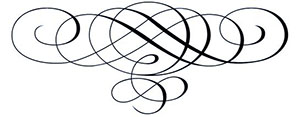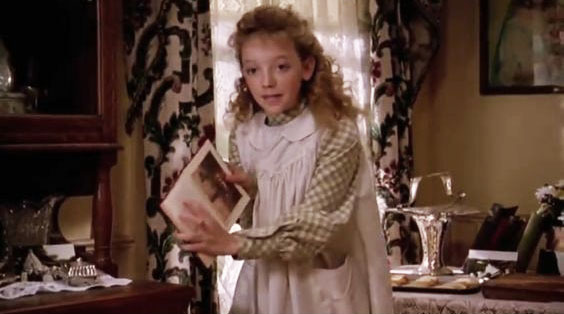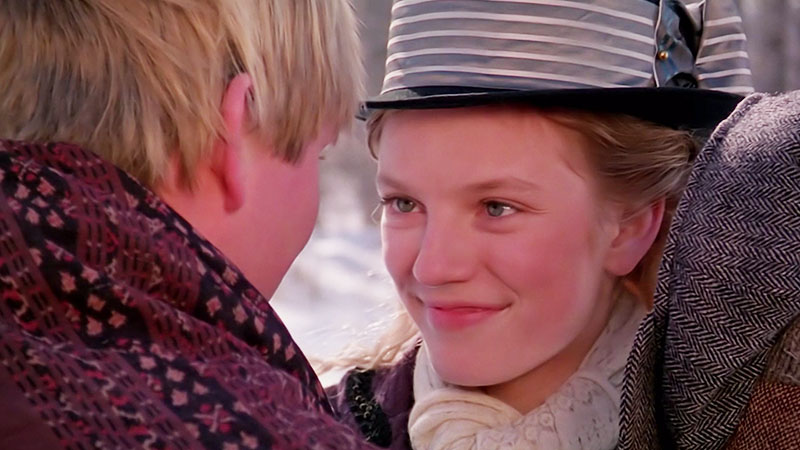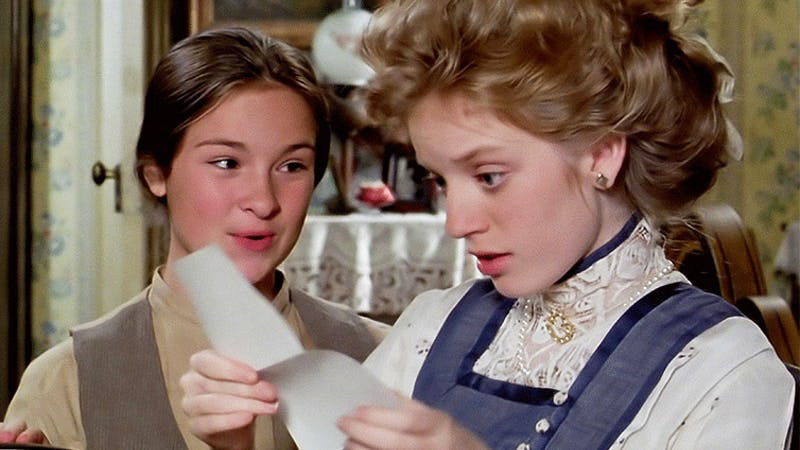In the episode Proof of the Pudding, Felicity lectures from "The Family Guide," insisting that "bad behavior must be nipped in the bud!" The Family Guide is similar to many etiquette books of the time that outlined rules for proper behavior in society.
During this era, manners and etiquette were important and closely associated with wealth and status. "Good breeding and polite manners are very important," Felicity says in High Society. "How else can one improve their position in life?"
We begin an exploration of Family Guide style etiquette with the following Avonlea era conversation rules.

Money is never talked of in polite society; it is taken for granted.
~ The book of Good Manners, Mrs Burton Kingsland (1901)
It is a mark of ill-breeding to use French phrases or words, unless you are sure your companion is a French scholar, and, even then, it is best to avoid them. Above all, do not use any foreign word or phrase, unless you have the language perfectly at your command.
~The Ladies Book of Etiquette and Manual of Politeness
Florence Hartley (1860)
The etiquette of hand-shaking is simple. A man has no right to take a lady’s hand till it is offered.
~ The Habits of Good Society (1859)
The gentleman who shakes hands with great warmth and impressment are two distinct individuals; the one is cordial and large-hearted — the other wishes to ingratiate himself.
~ Manners and Rules of Good Society (1912)
To invariably commence a conversation by remarks on the weather shows a poverty of ideas that is truly pitiable.
~ Frost’s Laws and By-Laws of American Society
S.A. Frost, 1869
Some persons have a mania for Greek and Latin quotations; this is particularly to be avoided. It is like pulling up the stones from a tomb wherewith to kill the living.
~ Treasures of Science, History and Literature
Moses Falsom and J.D. O’Connor, 1879
To use a foreign phrase and then to translate it, is as much as to say your listeners are ignoramuses.
~ The Manners That Win
Anonymous, 1880
When asking questions about persons who are not known to you, in a drawing-room, avoid using adjectives; or you may enquire of a mother, ‘Who is that awkward, ugly girl?’ and be answered, ‘Sir, that is my daughter.’
~ The Gentleman’s Book of Etiquette and Manual of Politeness
Cecily B. Hartley, 1860
If you talk sentences, do not at the same time give yourself a magisterial air in doing it.
~ Martine’s Hand-Book of Etiquette
Arthur Martine, 1866
Do not, however much you may be pleased with any remark, cry out ‘Bravo!’ clap your hands, or permit any gesture, silent or otherwise, to mark your appreciation of it.
~ Frost’s Laws…
S.A. Frost, 1869
It is well said by a late eminent barrister, that literature in ladies should be what onions ought to be in cookery; you should perceive the flavor, but not detect the thing itself.
~ The Habits of Good Society
Anonymous, 1859
Immoderate laughter is exceedingly unbecoming in a lady; she may affect the dimple or the smile, but should carefully avoid any approximation to a horse-laugh.
~ The Perfect Gentleman
By a Gentleman, 1860
A lady-punster is a most unpleasing phenomenon, and we would advise no young woman, however witty she may be, to cultivate this kind of verbal talent.
~ Collier’s Cyclopedia
Compiled by Nugent Robinson, 1882
Never use the phrases, "What-d-ye call it," "Thingummy," "What's his name," or any such substitutes for a proper name or place. If you cannot recall the names you wish to use, it is better not to tell the story or incident connected with them. No lady of high breeding will ever use these substitutes in conversation.
~ The Ladies Book of Etiquette and Manual of Politeness
Florence Hartley (1860)






Leave a comment
Login to post a comment
Post comment as a guest